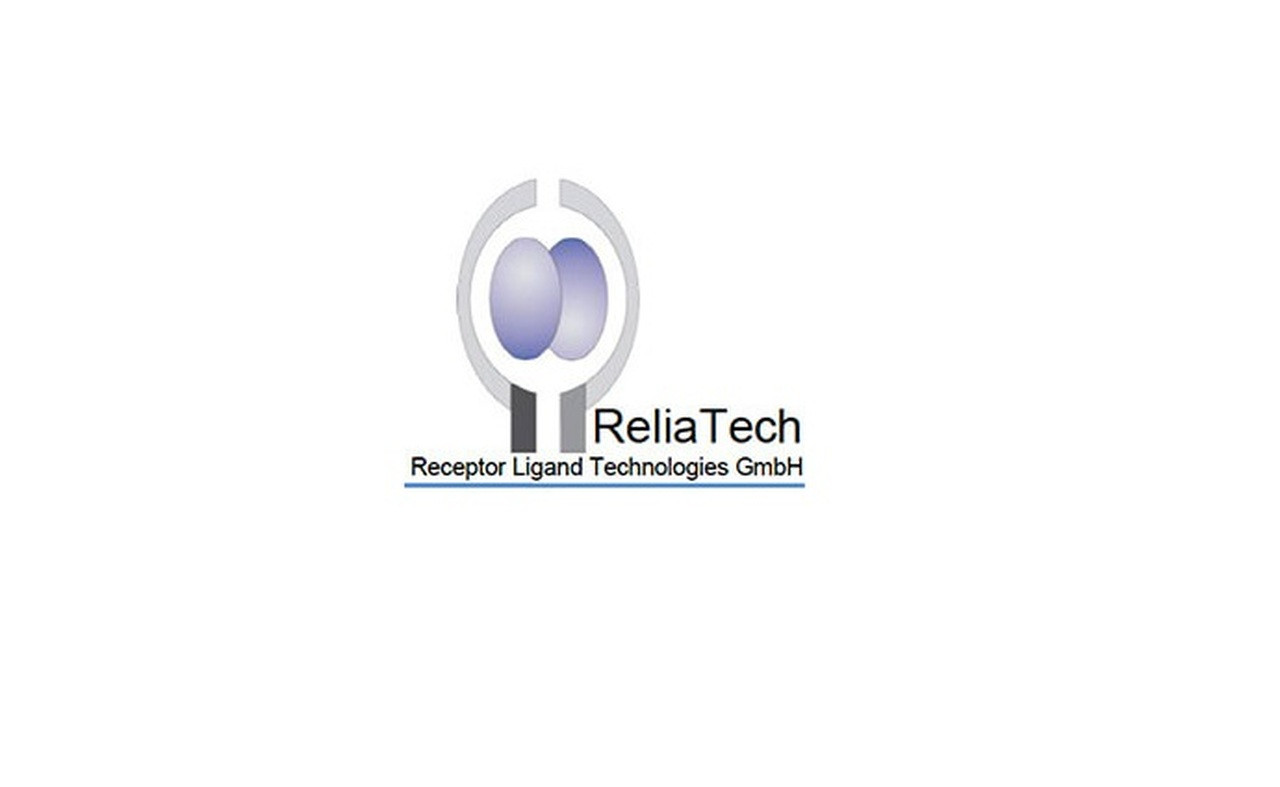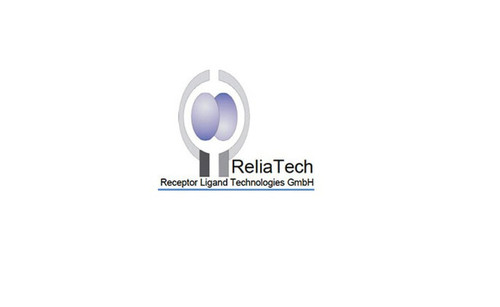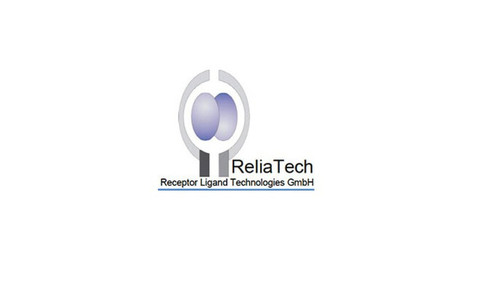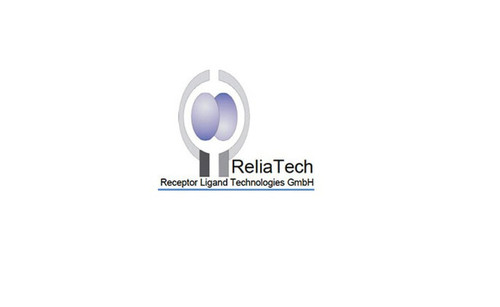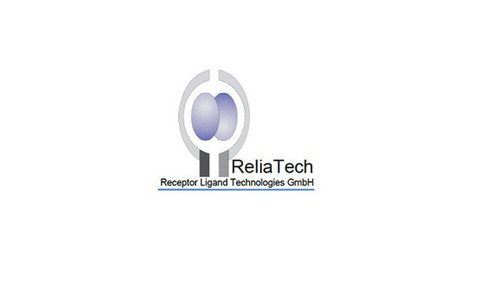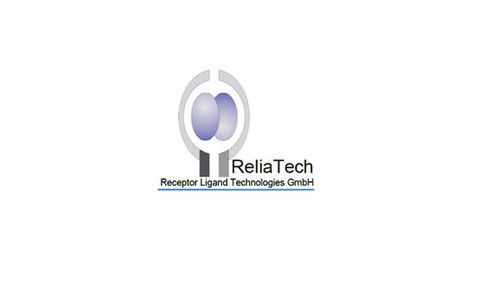Product Description
Rat Anti-Mouse Frizzled-7 Antibody | 103-M388 | ReliaTech
Species: Anti-Mouse
Host / biotech: Rat
Comment: N/A
Label: N/A
Clone / Antibody feature: (#15B7)
Subcategory: Monoclonal Antibody
Category: Antibody
Synonyms: Fzd7; Fz7
Isotype: IgG1
Application: WB
Detection Range: N/A
Species Reactivity/Cross reactivity: Mouse
Antigen: recombinant mouse protein Frizzled 7
Description: The Wnt genes encode a large family of glycoproteins that are essential in development and tissue maintenance. Members of the Frizzled family of proteins serve as receptors for the Wnt signaling pathway. The predicted structure of Frizzled proteins is similar among all family members, containing a divergent N-terminal signal peptide, a highly conserved extracellular cysteine-rich domain (CRD), a variable length linker region, a seven-pass transmembrane region, and a variablelength C-terminal cytoplasmic domain. The CRD, which comprises the Wnt binding site, spans about 130 amino acid residues and contains ten invariant cysteine residues. Mouse Frizzled-7 contains 572 amino acid residues and shares 99% identity with the human orthologue in the CRD. Frizzled7 mRNA has been detected in relatively large amounts in adult skeletal muscle, plancenta and heart, and fetal kidney and lung. Several Frizzled-dependent signaling pathways exist. Their activation depends on the Wnt ligand and the cell context. Frizzled-7 can activate canonical Wnt/βCatenin signaling, as well as a noncanonical pathway involved in tissue morphogenesis.
Purity Confirmation: N/A
Endotoxin: N/A
Formulation: lyophilized
Storage Handling Stability: Lyophilized samples are stable for 2 years from date of receipt when stored at -20°C. Reconstituted antibody can be aliquoted and stored frozen at < -20°C for at least six months without detectable loss of activity.
Reconstituation: Centrifuge vial prior to opening. Reconstitute the antibody with 500 µl sterile PBS and the final concentration is 200 µg/ml.
Molecular Weight: N/A
Lenght (aa): N/A
Protein Sequence: N/A
NCBI Gene ID: 14369
 Euro
Euro
 USD
USD
 British Pound
British Pound
 NULL
NULL

